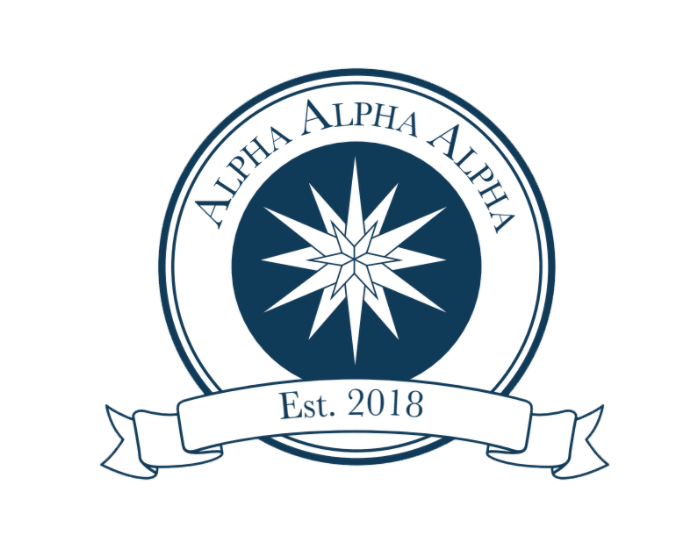Linfield becomes Oregon’s first college with honor society for first-gen students
December 10, 2020
32% of current Linfield University students are the first ones in their families to attend college, also known as first generation or first-gen. Ten years ago, that number was about 12%. With this growth,the school aims to provide more resources and support to ensure success for these students.
Recently, Linfield became the first institution in Oregon to start a chapter of Alpha Alpha Alpha, a national honor society for first generation students. “There’s been a huge demographic shift in higher education and specifically here at Linfield,” Special Assistant to the President and Director of Community Relations Gerardo Ochoa said.
Alpha Alpha Alpha, or Tri-Alpha, was founded March 24, 2018 at Moravian College in Bethlehem, Pennsylvania. This society is for both current students and alumni. To qualify, alumni need to have graduated with at least a 3.2 GPA, and current students should have a 3.2 GPA by their third semester. The co-advisors of Linfield’s chapter, called Beta Pi, are Ochoa and Professor Catherine Reinke.
Sophomore Karina Alcantara-Guerrero is a first generation student coordinator for the Linfield Scholars Program and is looking forward to the start of the honors society. “I hope that we are able to encourage other schools to start new chapters so that we can build a community with other colleges and universities,” Alcantara Guerrero said.
When President Miles Davis joined Linfield, the staff began to update the ways Linfield supports first gen students. They wanted these students to be ‘supported and included in the Linfield culture’, resulting in the creation of the Linfield Scholars Program. This is a first-year program to support students through the transition process [of what?] through mentors, scholarships, and monthly meetings.
“We want to make sure that we’re providing them with enough resources and opportunities so that these students can feel comfortable on campus. Especially because a lot of them have never had anyone in their lives who have been in academia,” Alcantara Guerrero said.
The first-gen team, made of faculty and student coordinators, plans to meet in January to talk about the process for students who want to join the society. Many things still have to be ironed out as the program comes closer to the induction ceremony in the spring semester.
So far, they’ve decided this ceremony will be held every year and will include a guest speaker. “There will be something but we haven’t decided yet because we’re the first ones, so we can set the tone of the stage and the expectations,” Ochoa said.
For seniors, having this title on their resume as they apply for grad school or jobs will be important. To help prepare first-gen students as they move into the professional world, Linfield is working with employers to figure out how to make the transition from college to the workforce smoother. “Ultimately we just want first-gen students to thrive,” Ochoa said.
Linfield has put in a lot of work to cultivate a tight, first-gen community on campus. “If you’re a first-gen student, Linfield is always here for you and you’re always going to have a community no matter who you are and what your identity is,” Alcantara Guerrero said.
With first gen students continuing through college at the same rate as continuing generation students, Linfield’s work towards cultivating a strong first gen community has brought success. “What we’re doing here is very unique and hopefully can serve as a model for other institutions.”
In the meantime, the first-gen program is writing articles and submitting abstracts to present at conferences, hopefully sharing their strategies and tips with other schools.

